Webinar: The Rise of Military Spending and Weaponization of the Global South under the Pandemic
Date/Time
Tuesday – Sep 28, 2021
2:00 pm – 4:00 pm (Central European Time)
Registration is now open.
Panelists
- Ravinder Pal Singh, India – Senior Advisor, Control Arms Foundation India
- LisaLinda Natividad, Guam/Palau – Primary Convener, Guahan Coalition for Peace and Justice
- Alfredo ‘Fred’ Lubang, Philippines – Regional Representative, Nonviolence International Southeast Asia and National Coordinator, Philippine Campaign to Ban Landmines
- Mohammad Shoaib Ahmadzai, Afghanistan – Managing Director, Community Development, Rehabilitation and Education Organisation
World military spending has been on the rise in recent years reaching almost 2 Trillion US dollars in 2020 with China, India, Japan, South Korea and Australia registering as some of the highest military spenders in the Asia Pacific. This has been the trend between 2019 to 2020 and over the decade of 2011-2020. As capacities for war continue to grow, so does the collateral damage to people and infrastructure. The proportion of funds going to humanitarian and development aid initiatives focused on the ‘clean up’ in the aftermath of conflict is growing. This has created an illogical paradox of decisions made by States and is a form of collective self-harm. When put into a tangible context, one year of the global military budget equates to 700 years of the UN’s standard budget (RCW). If only this absurd parity of figures was hypothetical however it is very much reality and is showing no sign of reversing. The populations of the Asia region are especially vulnerable to harm from the impacts of expanding militaries and weaponry advancement for many reasons. This webinar aims to take a closer look at what those reasons and help us to understand the status quo of the world we live in as well as the world we want to live in. The webinar’s panel will aim to answer the below questions:
- What does this trend on military spending indicate?
- What are the factors and considerations that bring about these trends, are these trends interrelated ?
- What and how do these factors impact the lives of peoples and the planet?
- Would the resurgence of authoritarian regimes in the Global South or strengthening bilateral security alliances contribute to their further weaponization?
- What are the challenges to the peoples’ movements to affect government policies in bringing down the increasing military spendings and to re-allocating the sums thus saved for promoting genuine peace and social justice? What alternatives should be understood and put to practice that would create meaningful change in the lives of people?
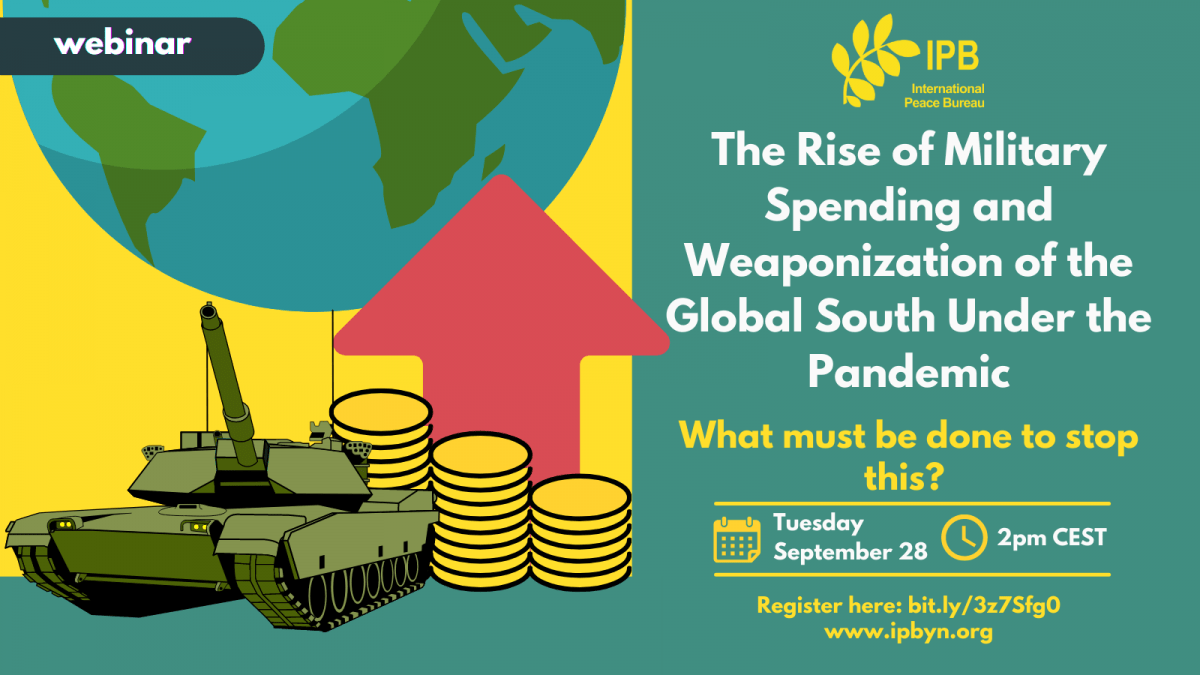
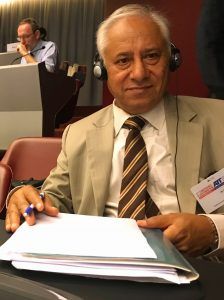
Ravinder Pal Singh
Ravinder
Pal Singh is currently Senior Advisor at the Control Arms.Foundation of
India (CAFI). Throughout his career he has lectured and researched
across 30 countries on security sector
reforms, parliamentary oversight for arms transfer transparency and
accountability, and women’s safety and empowerment. In the 1990’s, he
headed the Arms Procurement Decision-Making project at Stockholm
International Peace Research Institute (SIPRI) in China, India, Israel,
Japan, South Korea and Thailand (published by Oxford University Press,
UK, 1998). In 1994 Ravinder was involved in the development of the UN
Arms Register on Transparency as a non-governmental expert. He is also a
former Senior Fellow at the Geneva Centre for Democratic Control of the
Armed Forces (DCAF), where which he was part of the NATO Parliamentary
Assembly’s project on security sector reforms in former Warsaw Pact
countries and contributed to the DCAF-IPU publication on legislative
oversight of the security sector.
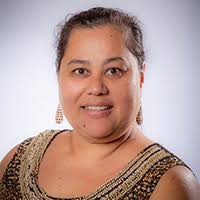
LisaLinda Natividad
Dr. Lisa Linda Natividad is a Professor of Social Work at the University of
Guam. She is also the primary convener of the Guahan Coalition for
Peace and Justice and a founding member of I Hagan Famalao’an
Guahan. She is an indigenous CHamoru who has championed the exposure of
the human rights violations against her people and homeland Guahan,
which is a military colony of the United States. She has spoken
globally on the topics of demilitarization, decolonization, and the
critical role women play in the creation of safe and thriving
communities. Dr. Natividad has presented interventions on the halting of
the massive military build-up on Guahan before the United Nations
Fourth Committee, Decolonization Committee, and the Permanent Forum on
Indigenous Issues. She is a former member of the Guam Decolonization
Commission and has spoken on these issues in Japan, the Philippines, the
Untied States, Norway, Ecuador, Fiji, and other countries. Dr.
Natividad joined the IPB Council in March 2021.
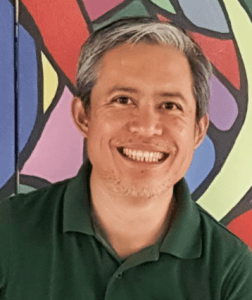
Alfredo ‘Fred’ Lubang
Fred Lubang has almost three decades of experience in building peace
through humanitarian disarmament, peace education, peace processes,
weapons flow regulations, and decolonization of humanitarian engagement.
Fred is the Regional Representative of Nonviolence International
Southeast Asia and the National Coordinator of the Philippine Campaign
to Ban Landmines. He served in various board of global disarmament
campaigns. A recognized expert on humanitarian disarmament, a resource
person on peace and conflict studies among international organizations,
governments, universities, and civil society. Recently, he ventured into
social enterprise for persons transitioning from war to peace. He holds
a Masters degree on Applied Conflict Transformation Studies.
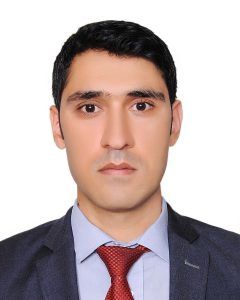
Mohammad Shoaib Ahmadzai
Mohammad Shoaib Ahmadzai is the Managing Director of the Community
Development, Rehabilitation and Educational Organization (CDREO). He
has worked for over 10 years with various national and international
organizations in peace building, inclusion of youth and women in peace
processes, human rights, women empowerment, disarmament and de-mining.
Due to his work he was appointed as an Advisor for human rights in the
Senate, upper house of the Government of Afghanistan. Much of his work
has been focused on integrating war affected communities into mainstream
Afghan society. He worked alongside tribal leaders develop
demilitarization initiatives aimed at encouraging people to submit
weapons to the government. He has established youth and women councils
at district level to actively participate in the country’s peace
process. He believes that in order for Afghanistan to achieve a state of
peace, youth and women must be involved at all levels of a peace
process.



